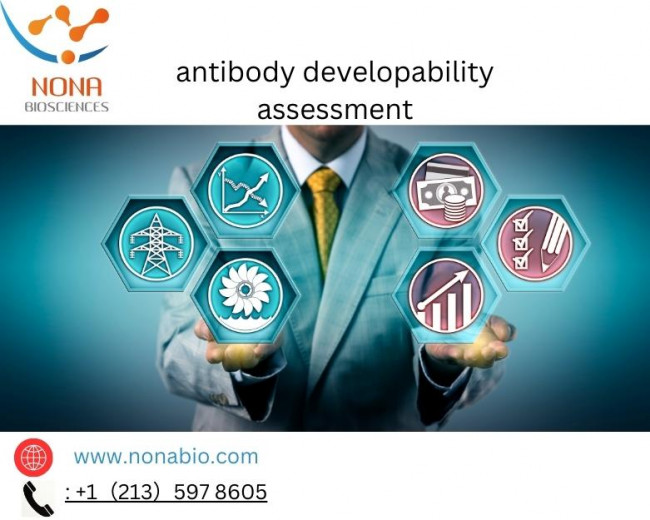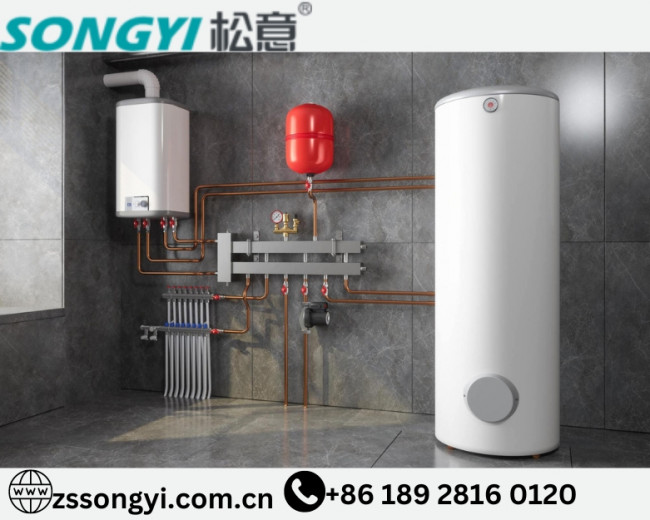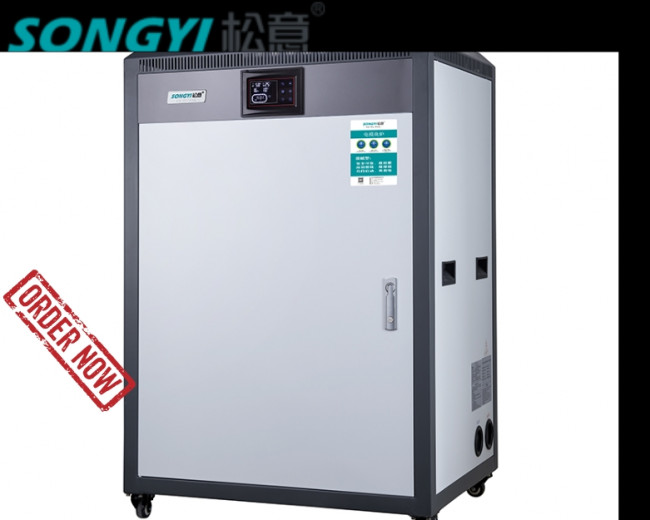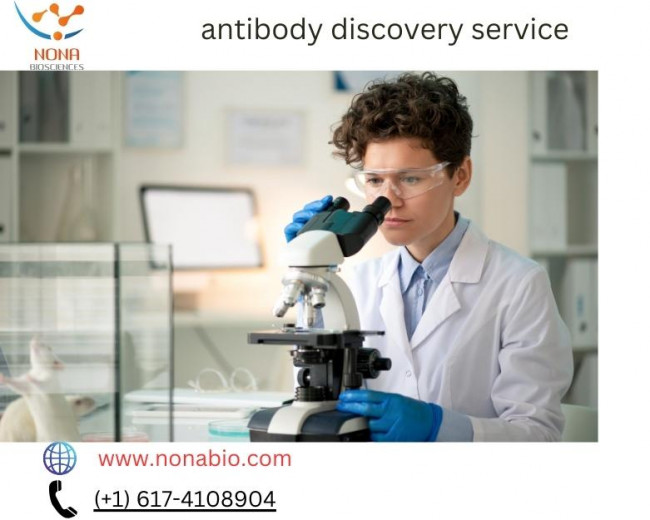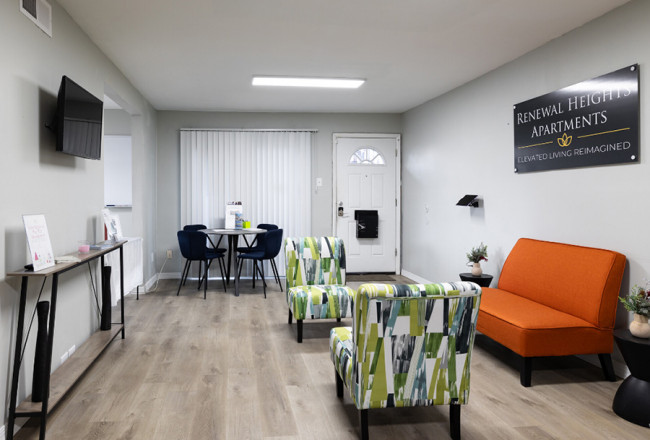The field of biotechnology is witnessing a paradigm shift, particularly in the development of therapeutic antibodies. Nona Biotechnology is at the forefront of this transformation, championing the crucial role of antibody developability assessment. This process is not just a preliminary step but a cornerstone in ensuring that the therapeutic antibodies developed are not only effective but also manufacturable and safe for clinical use. This comprehensive insight into Nona Biotechnology’s approach to antibody developability assessment underlines its significance in advancing therapeutic innovations.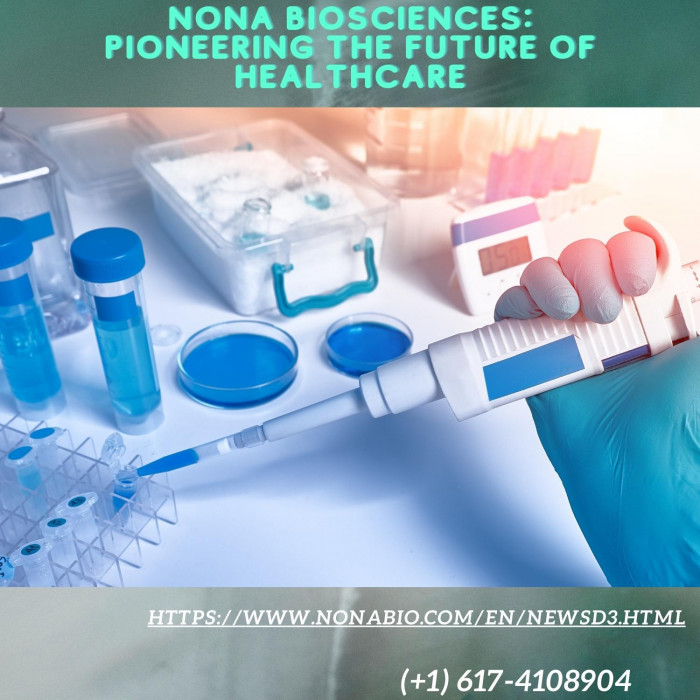
Antibody developability assessment is a multi-faceted process that evaluates the physical, chemical, and biological properties of antibody candidates early in the development process. This early-stage evaluation is critical to identify any potential issues that might hinder the production, efficacy, or safety of the antibody. By addressing these concerns early on, Nona Biotechnology ensures that only the most promising antibodies advance through the development pipeline, optimizing resource allocation and accelerating the journey from the lab to the clinic.
One of the key components of the antibody developability assessment is the evaluation of the antibody’s physicochemical properties. This includes assessments of stability, solubility, and aggregation propensity. Antibodies with poor stability or high aggregation propensity can lead to challenges in manufacturing and formulation, potentially compromising the safety and efficacy of the therapeutic. Nona Biotechnology utilizes cutting-edge analytical techniques to assess these properties, ensuring that their antibody candidates are of the highest quality.
Another crucial aspect of the developability assessment is the assessment of the antibody’s biological function. This includes binding affinity, specificity, and the ability to elicit the desired immune response. Nona Biotechnology employs advanced in vitro and in vivo models to thoroughly evaluate these characteristics, ensuring that their antibodies can effectively target and neutralize their intended antigens without off-target effects.
Moreover, Nona Biotechnology places a strong emphasis on manufacturability assessment. This involves evaluating the antibody’s expression levels, purification yield, and compatibility with standard manufacturing processes. By focusing on these aspects early in development, Nona Biotechnology ensures that their therapeutic antibodies can be produced efficiently and at scale, facilitating a smoother transition to clinical trials and commercial production.
The impact of antibody developability assessment extends beyond the optimization of the development process. By ensuring that their antibodies are highly specific, effective, and manufacturable, Nona Biotechnology contributes to the development of safer, more effective therapeutics. This not only benefits patients by providing them with more effective treatment options but also contributes to the overall advancement of the biopharmaceutical industry.
In conclusion, antibody developability assessment is a critical component of Nona Biotechnology’s approach to developing therapeutic antibodies. By rigorously evaluating the physicochemical, biological, and manufacturability properties of their antibody candidates, Nona Biotechnology is able to identify and advance the most promising therapies. This comprehensive approach not only accelerates the development process but also ensures that the resulting therapeutics are safe, effective, and manufacturable, marking a significant advancement in the treatment of various diseases.
Antibody developability assessment is a multi-faceted process that evaluates the physical, chemical, and biological properties of antibody candidates early in the development process. This early-stage evaluation is critical to identify any potential issues that might hinder the production, efficacy, or safety of the antibody. By addressing these concerns early on, Nona Biotechnology ensures that only the most promising antibodies advance through the development pipeline, optimizing resource allocation and accelerating the journey from the lab to the clinic.
One of the key components of the antibody developability assessment is the evaluation of the antibody’s physicochemical properties. This includes assessments of stability, solubility, and aggregation propensity. Antibodies with poor stability or high aggregation propensity can lead to challenges in manufacturing and formulation, potentially compromising the safety and efficacy of the therapeutic. Nona Biotechnology utilizes cutting-edge analytical techniques to assess these properties, ensuring that their antibody candidates are of the highest quality.
Another crucial aspect of the developability assessment is the assessment of the antibody’s biological function. This includes binding affinity, specificity, and the ability to elicit the desired immune response. Nona Biotechnology employs advanced in vitro and in vivo models to thoroughly evaluate these characteristics, ensuring that their antibodies can effectively target and neutralize their intended antigens without off-target effects.
Moreover, Nona Biotechnology places a strong emphasis on manufacturability assessment. This involves evaluating the antibody’s expression levels, purification yield, and compatibility with standard manufacturing processes. By focusing on these aspects early in development, Nona Biotechnology ensures that their therapeutic antibodies can be produced efficiently and at scale, facilitating a smoother transition to clinical trials and commercial production.
The impact of antibody developability assessment extends beyond the optimization of the development process. By ensuring that their antibodies are highly specific, effective, and manufacturable, Nona Biotechnology contributes to the development of safer, more effective therapeutics. This not only benefits patients by providing them with more effective treatment options but also contributes to the overall advancement of the biopharmaceutical industry.
In conclusion, antibody developability assessment is a critical component of Nona Biotechnology’s approach to developing therapeutic antibodies. By rigorously evaluating the physicochemical, biological, and manufacturability properties of their antibody candidates, Nona Biotechnology is able to identify and advance the most promising therapies. This comprehensive approach not only accelerates the development process but also ensures that the resulting therapeutics are safe, effective, and manufacturable, marking a significant advancement in the treatment of various diseases.
Antibody developability assessment is a multi-faceted process that evaluates the physical, chemical, and biological properties of antibody candidates early in the development process. This early-stage evaluation is critical to identify any potential issues that might hinder the production, efficacy, or safety of the antibody. By addressing these concerns early on, Nona Biotechnology ensures that only the most promising antibodies advance through the development pipeline, optimizing resource allocation and accelerating the journey from the lab to the clinic.
One of the key components of the antibody developability assessment is the evaluation of the antibody’s physicochemical properties. This includes assessments of stability, solubility, and aggregation propensity. Antibodies with poor stability or high aggregation propensity can lead to challenges in manufacturing and formulation, potentially compromising the safety and efficacy of the therapeutic. Nona Biotechnology utilizes cutting-edge analytical techniques to assess these properties, ensuring that their antibody candidates are of the highest quality.
Another crucial aspect of the developability assessment is the assessment of the antibody’s biological function. This includes binding affinity, specificity, and the ability to elicit the desired immune response. Nona Biotechnology employs advanced in vitro and in vivo models to thoroughly evaluate these characteristics, ensuring that their antibodies can effectively target and neutralize their intended antigens without off-target effects.
Moreover, Nona Biotechnology places a strong emphasis on manufacturability assessment. This involves evaluating the antibody’s expression levels, purification yield, and compatibility with standard manufacturing processes. By focusing on these aspects early in development, Nona Biotechnology ensures that their therapeutic antibodies can be produced efficiently and at scale, facilitating a smoother transition to clinical trials and commercial production.
The impact of antibody developability assessment extends beyond the optimization of the development process. By ensuring that their antibodies are highly specific, effective, and manufacturable, Nona Biotechnology contributes to the development of safer, more effective therapeutics. This not only benefits patients by providing them with more effective treatment options but also contributes to the overall advancement of the biopharmaceutical industry.
In conclusion, antibody developability assessment is a critical component of Nona Biotechnology’s approach to developing therapeutic antibodies. By rigorously evaluating the physicochemical, biological, and manufacturability properties of their antibody candidates, Nona Biotechnology is able to identify and advance the most promising therapies. This comprehensive approach not only accelerates the development process but also ensures that the resulting therapeutics are safe, effective, and manufacturable, marking a significant advancement in the treatment of various diseases.


